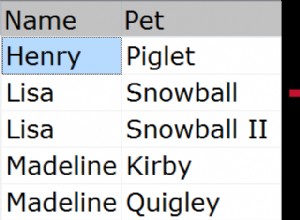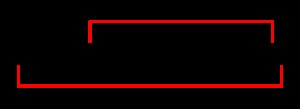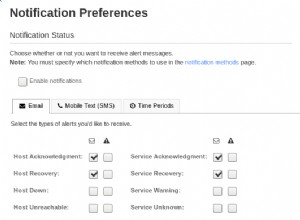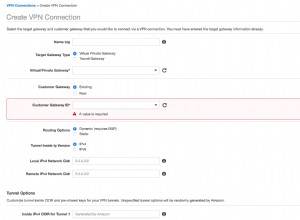Não sei se isso pode ajudá-lo, mas foi assim que fiz minha trilha de log de auditoria usando o código primeiro. O seguinte é codificado em uma classe herdada de DbContext.
no meu construtor tenho o seguinte
IObjectContextAdapter objectContextAdapter = (this as IObjectContextAdapter);
objectContextAdapter.ObjectContext.SavingChanges += SavingChanges;
Este é o meu método de salvar alterações conectado anteriormente
void SavingChanges(object sender, EventArgs e) {
Debug.Assert(sender != null, "Sender can't be null");
Debug.Assert(sender is ObjectContext, "Sender not instance of ObjectContext");
ObjectContext context = (sender as ObjectContext);
IEnumerable<ObjectStateEntry> modifiedEntities = context.ObjectStateManager.GetObjectStateEntries(EntityState.Modified);
IEnumerable<ObjectStateEntry> addedEntities = context.ObjectStateManager.GetObjectStateEntries(EntityState.Added);
addedEntities.ToList().ForEach(a => {
//Assign ids to objects that don't have
if (a.Entity is IIdentity && (a.Entity as IIdentity).Id == Guid.Empty)
(a.Entity as IIdentity).Id = Guid.NewGuid();
this.Set<AuditLogEntry>().Add(AuditLogEntryFactory(a, _AddedEntry));
});
modifiedEntities.ToList().ForEach(m => {
this.Set<AuditLogEntry>().Add(AuditLogEntryFactory(m, _ModifiedEntry));
});
}
E estes são os métodos usados anteriormente para criar os detalhes do log de auditoria
private AuditLogEntry AuditLogEntryFactory(ObjectStateEntry entry, string entryType) {
AuditLogEntry auditLogEntry = new AuditLogEntry() {
EntryDate = DateTime.Now,
EntryType = entryType,
Id = Guid.NewGuid(),
NewValues = AuditLogEntryNewValues(entry),
Table = entry.EntitySet.Name,
UserId = _UserId
};
if (entryType == _ModifiedEntry) auditLogEntry.OriginalValues = AuditLogEntryOriginalValues(entry);
return auditLogEntry;
}
/// <summary>
/// Creates a string of all modified properties for an entity.
/// </summary>
private string AuditLogEntryOriginalValues(ObjectStateEntry entry) {
StringBuilder stringBuilder = new StringBuilder();
entry.GetModifiedProperties().ToList().ForEach(m => {
stringBuilder.Append(String.Format("{0} = {1},", m, entry.OriginalValues[m]));
});
return stringBuilder.ToString();
}
/// <summary>
/// Creates a string of all modified properties' new values for an entity.
/// </summary>
private string AuditLogEntryNewValues(ObjectStateEntry entry) {
StringBuilder stringBuilder = new StringBuilder();
for (int i = 0; i < entry.CurrentValues.FieldCount; i++) {
stringBuilder.Append(String.Format("{0} = {1},",
entry.CurrentValues.GetName(i), entry.CurrentValues.GetValue(i)));
}
return stringBuilder.ToString();
}
Espero que isso possa apontar para uma direção que possa ajudá-lo a resolver seu problema.




